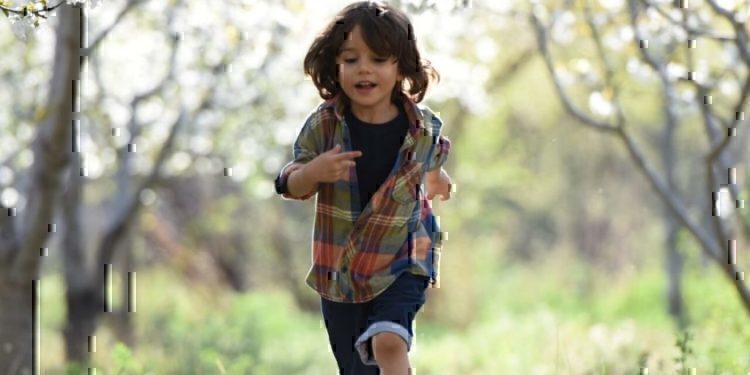“I’m worried,” whispers the little boy to his mother while he fidgets on a bench behind the playground. My eyes casually roam to where the mother and son closely huddle together.
“What are you worried about, honey?” The mom asks in a sweet maternal voice. Waiting for the reply, wondering myself what would make a 10 year-old-looking boy so worried and nervous at a playground. I scan the equipment, park, and street for any danger or looming darkness of the skies. Nothing, it’s a perfect park day. We’re on a military base and the park is open and inviting. The sun is shining and skies are blue. It’s a beautiful day. My kids are the only other children playing and they’re harmless – unless you’re a strawberry cupcake or the ice cream truck.
I lean in a little closer so I hear his response. After kicking a few rocks and shrugging his shoulders, he responds without glancing up.
“Everything.”
The anxious military child. I have a name for them – Lil’ Worrying Warriors. I have one and he’s amazing. I understand what “everything” means without him having to explaining it.
Anxiety is part of any childhood, but for children of military families, it can take on a life of it’s own, especially around PCS season. It means a relocation and a change in routine, home, school, and friends. As a parent, we know when something might trigger our Lil Worrying Warriors. We understand our child is different and we’ll make every accommodation to calm them before they reach the storm.
In general, anxiety is a good thing. It’s our body’s natural response to danger or feeling stress. Call it our internal alarm system that allows us to jump out of the way of a car or give us the sense of urgency when there are important events in life. Anxiety affects children in the same way as it affects adults – both physically and emotionally. Children can feel the same “fight or flight” sensation as we do such as heart racing, muscles tense, pupils dilating, sweating and more.
Experts believe anxiety can be genetic or provoked by life experiences. As the saying goes, the apple doesn’t fall far from the tree. If a parent or close relative is anxious, a child is more likely to have problems with anxiety. However, life experiences such as bullying at school, a bad experience at the doctors, trouble at home, or things children have witnessed can exaggerate their anxiety.
Anxiety in children can show up in many different ways such as panic attacks, social anxiety, frequent nightmares, excessive worrying, germophobia or fear or insects/animals. The range is as diverse as the children.
Many children can experience an array of anxiety before, during, and after a PCS. Starting a new school is a common fear, but children can associate a new move with the deployment of parent. Anxious children worry about the future, not the present. Experiencing something new and scary, like something as simple as strange weather patterns in a new location, can trigger anxiety.
In school, just saying hello in the halls or raising their hand in class can be a traumatic experience and can interfere with the ability to learn. Remember, anxiety is both physical and emotional. The flight or fight response will kick in for something as minor as being called on to answer a question in class. It can be an exhausting and scary experience for children, especially when they don’t understand what they are feeling.








